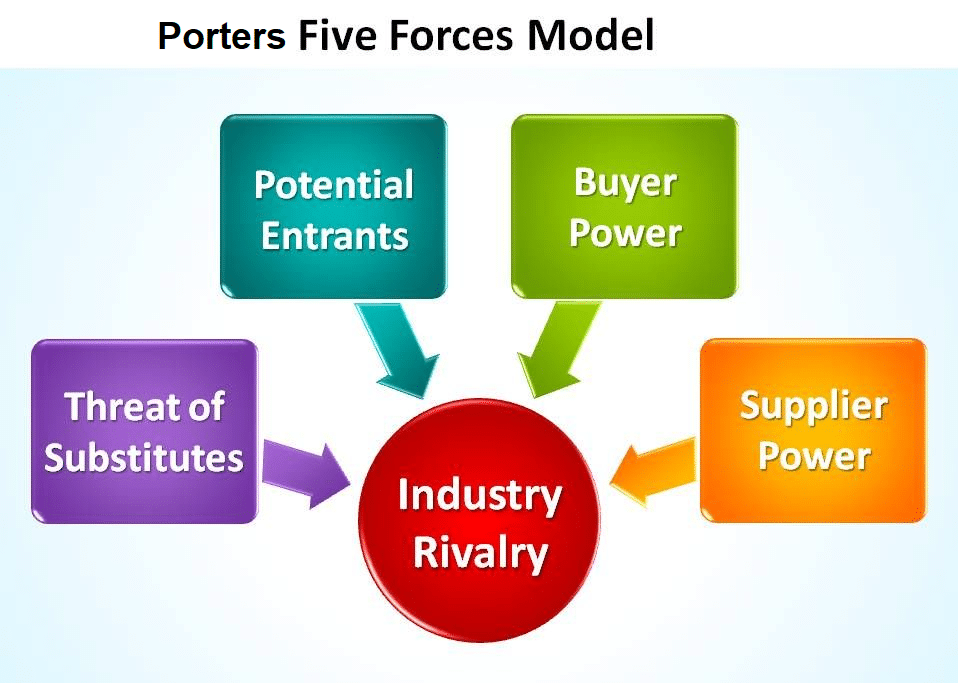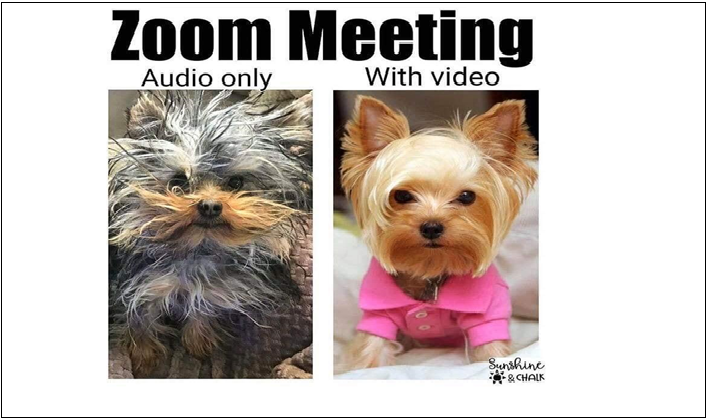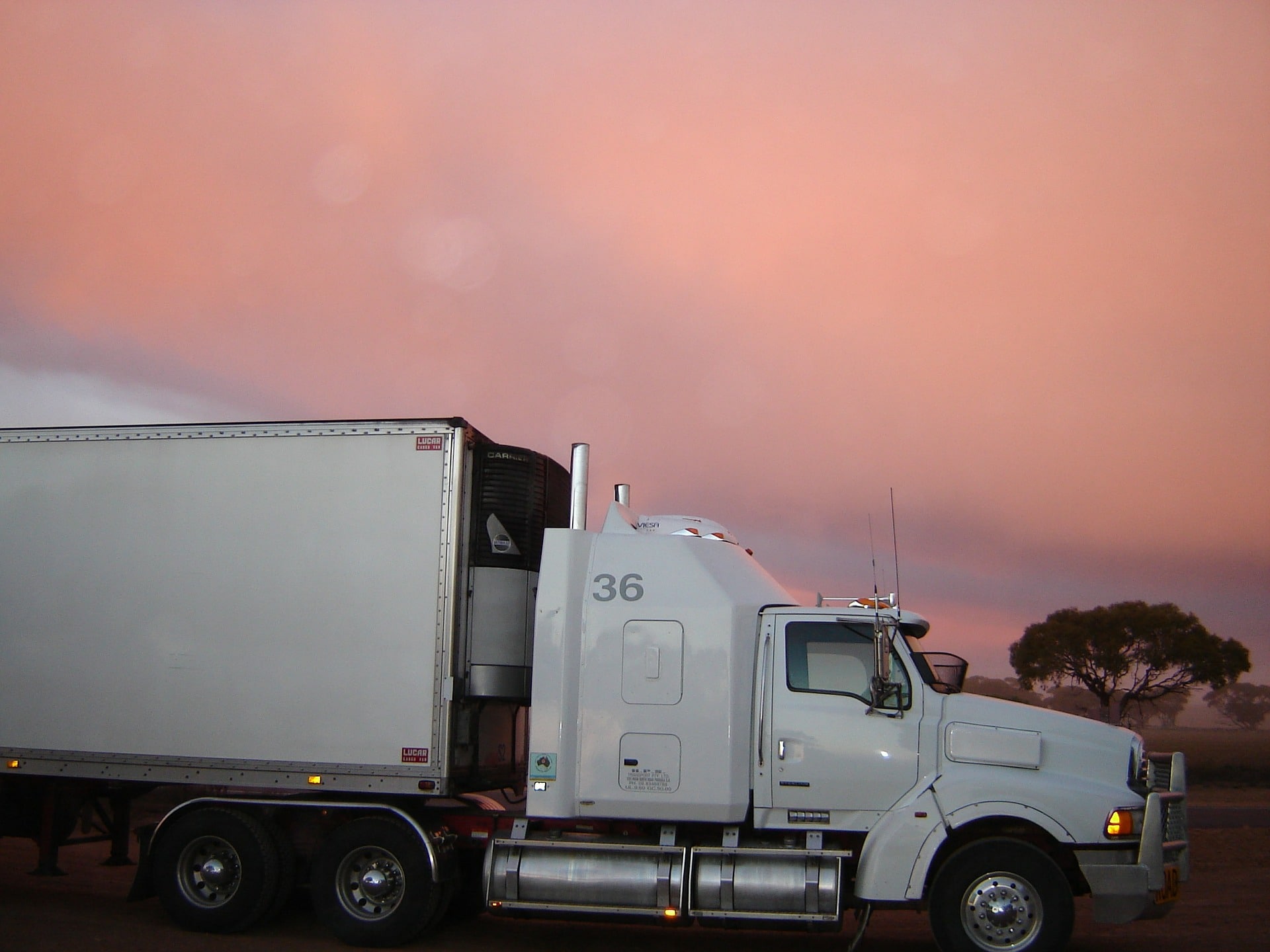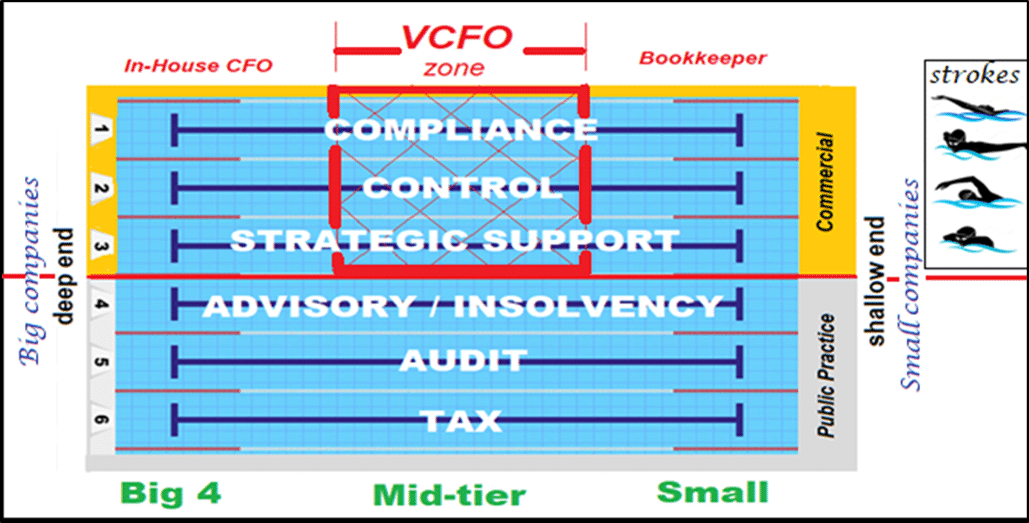Trevor the Truckie and the benefits of a Virtual CFO
Training Wheels
Trevor had a love of trucks going right back to when he was a small child. His family had grown up in a small country town located about halfway between 2 capital cities on a main interstate highway. The town was better known as a change-over point, where drivers would meet up with their interstate counterparts, swap trailers and turn back to their home cities. Ultimately this meant drivers would spend more time at home in their own beds, than if they were doing ‘round-trips’ and sleeping in the cabins of the trucks.
Trevor’s family lived right on the highway, a short distance from the truck stop. He would spend most days out in the front yard, face pressed against the wire fence watching the trucks go past, listening as they rode the exhaust brakes and changed down the gears, as they were slowing to turn into the truck stop or as they were full throttle with turbo chargers whistling and changing up the gears, as they built up momentum in their mighty rigs to reach the speed limit before merging in with the other traffic.
The regular drivers came to know Trevor would be there and would toot their air-horns at him, rewarding the young kid for giving the universal double pump with his arm on the imaginary horn cord. Over time Trevor came to know all the brands such as, Kenworth, Mack, Freightliner, Volvo, Mercedes, Iveco and even recognize the main fleet companies by colour.
So, when Trevor finished school and took up an apprenticeship as a diesel mechanic with a local transport company it didn’t come as much of a surprise to anyone. He was a square peg in a square hole at the depot, everyone loved their ‘boy’ Trevor. But whilst he liked working on the trucks, Trevor was practically counting down the days until he finished and was able to obtain his truck license, so he could work inside the truck as a driver.
His chance came and Trevor grabbed it. He passed his driving test with flying colours and was given a 15T rigid delivery truck to do local deliveries in. He was a good driver and the knowledge he’d gained as a diesel mechanic made him very hand to the transport company as he was able to diagnose and fix small problems on the go, or shut things down before any major damage happened. He was an owner’s ‘dream’ employee. Trevor worked hard, he grabbed extra trips when he could, and he saved hard. Eventually he saved enough to buy a 15 Tonne rigid delivery truck of his own and struck a deal with his employers to become a sub-contractor, as they wanted to help him get started in his own business rather than lose their ‘boy’ altogether.
You take the high road, I’ll take the – interstate
If deciding to go out on his own was a logical step for Trevor, then upgrading his 15 tonne rigid truck for a highway spec semi-trailer was the next logical step. Trevor arranged a trade-in on his old truck and scraped together the deposit for a 2nd hand highway spec Kenworth K102 and triaxle pan-tech trailer with air-bag suspension. It was a beautiful looking truck with candy apple colored metallic paint chrome tanks, alloy wheels, chrome exhaust stacks, chrome air filters and enough clearance lights to put a Christmas tree to shame
Again, Trevor former employers were happy to offer him a sub-contract deal to keep him in the fold, but this contract was only to take freight one-way to the capital city. Once there, Trevor was going to have to either come back empty or find some freight of his own to bring back. He didn’t mind, he was finally behind the wheel of one of the big trucks he’d admired from his earliest days. Now it was him going down through the gears and riding the exhaust brake, it was his turbo whistling as he dialed on the power and it was, he that was tooting his air horn at kids in their front years.
Lucky Brake
Trevor’s lucky break came in 2 tranches. The first was him winning his first big client. He’d towed vans for a 3PL company on his return leg quite a few times previously whilst sub-contracting and had been booked for another job on this particular day. But As Trevor’s truck was sitting on the loading dock, the dispatch supervisor that Trevor had got to know quite well, delivered the news to him that the company that had the prime contract had suddenly gone bankrupt and wasn’t able to load. He asked Trevor if he could still take this load and work direct for the 3PL company. He told Trevor that, there are 2 loads a day, if you can arrange subbies to pick up for you then it’s yours, we will just novate the contract to you. Trevor quickly worked through his contacts and arranged another truck for that day and 2 more for the day after. It wasn’t easy, but he was able to keep the freight moving and the 3PL company didn’t miss a beat.
Things couldn’t have been going better, but one fateful evening just as Trevor was edging towards his change-over point, inexplicably a removal van heading in the opposite direction veered across the median strip and hit Trevor’s truck head-on. There was nothing he could do to avoid it. It was a terrible fatal accident, with the driver of the van and his offsider dying upon impact. Trevor miraculously survived the impact but lay prone in the twisted wreckage writhing in agony. The mangled steering column collapsed, smashing his legs into many pieces and pinned him into the cabin, as the pungent smell of diesel from the ruptured chrome tanks overpowered him. Trevor would later say that the pain of his injuries paled into insignificance compared to the fear of being burned alive. Despite having horrific injuries, including losing his pulverized left leg, Trevor said that long after his injuries had healed, the mental scars remained.
Directing traffic
The 3PL client was very understanding. He arranged temporary help through a freight broker, to fill the hole that Trevor had otherwise filled and had the phone numbers of the regular subbies that Trevor used from his previous load sheets, so he took it upon himself to arrange them as Trevor usually did. He told Trevor not to worry about anything and joked, “let’s just get you back up and on your foot again”
But it didn’t take Trevor long to recover enough to sit up in bed and start using his phone to ring around himself. He was grateful for the clients understanding and this had certainly cemented the relationship in his mind.
They say that fate is when things happen for a reason. Circumstances forced Trevor out of the truck and into the office, but it ends up being the best thing for his business. Trevor ends up focusing on running the operation like a professional, which he could never have done whilst he was still driving. He would have reached a natural limit where he simply had too much to do, but now he had the capacity for more. His core capabilities were that he’s great with customers and understands drivers. His point of difference to clients was that he would never let them down, even if it meant him staying awake all night to find someone. But now, having brushed death and with a new lease on life he was hungrier than ever to grow his business so he could leave behind an enduring legacy for his kids.
Trevor wins more business and he grows his operation and team. He had admin people answering the phones, accounts people sending and paying the bills, as well as workshop staff to maintain his growing fleet. Trevor loved buying trucks, it was a visible metric of growth in his mind, but he had an emotional attachment or ‘a thing’ about chrome tanks, clearance lights and 2nd hand American show trucks. But because he is buying the trucks from the outside in, rather than inside out, he has a range of engine and driveline combinations. Cummins, Caterpillar, Detroit, Eaton Fuller, Allison, and Rockwell. Routinely Trevor enters his trucks in shows and has magazine photographic features about his trucks.
He also buys a couple of big, expensive American Chevy Silverado 4×4 trucks, which he thinks will be great advertising the business and is about to lease a depot site in the city, because he’s currently paying a casual rate for using someone else’s depot on the odd occasion now and he thinks it will attract new clients. He feels that by the clients seeing that he has more substance they will award him contracts. It’s a bit of a build it and I hope they will come strategy.
Long Haul and frustration:
Everyone was working hard, nobody harder than Trevor though. Outwardly the company projected success, but the reality is that profitability was poor and cashflow terrible. Trevor was starting to understand that over specified show trucks, over the top overheads, delighting the customer + making a profit, are often conflicting priorities in the cut-throat road transport sector.
More than a few times Trevor has been caught short with cashflow. Seemingly out of the blue a BAS payment or PAYG instalment would jump out and Trevor would have to sell a spare truck or trailer in a hurry to get cash to pay his bills. Even though he knew the prices weren’t the best, it would give him a $200K chunk of cash and he could them go out and replace the asset when his cashflow was flowing again. He couldn’t quite work out if he was winning or losing doing this, but he simply didn’t know of any alternatives.
Trevor’s other problem was that the team that he’d built, including finance, HR and Admin, were the best people that he could find, with the salary he could afford to offer at that point in time. They had helped him grow to this point, they were loyal, hardworking and lived and breathed the company culture. He felt a deep sense of gratitude to them, but it didn’t stop the fact that he felt was flying by the seat of his pants, stressed out, worried about finances and getting pulled away from what he needed to be doing. Deep down he knew that this wasn’t an elite, top-shelf team of people, more so a group of technicians, who through no fault of theirs, were now standing in water in over their heads.
A cry for help:
After years of pushing himself to the brink of endurance and with the weight of the world upon him, Trevor went to see his trusted advisor Wilson for his routine annual appointment. When Wilson calculated that Trevor owed $120K in tax, he broke down and sobbed uncontrollably. He said “That $120K was to send my son to boarding school, for a better education. Now he can’t go. Why is it so hard, why?”
Wilson comforted his client and counseled him, offering “mate you need to work smarter not harder – you need to take a break also, you’ll end up killing yourself”
Luckily for Trevor, his accountant Wilson, being an ethical operator and always wanting the best outcome for his clients told him that while tax accountants like him were great at setting up clever, but legal, structures to minimise his tax and protect his assets, the internal financial management of the business wasn’t something they did particularly well, but they knew exactly who could help.
His accountant recommended that Trevor meets with an ex-CFO called Andrew who was running an outsourced Virtual CFO (otherwise called outsourced CFO or VCFO) business, that specialized in road transport companies. Trevor asked “Why do I need a CFO? What does a virtual CFO do for a small business?”
The Tax Accountant replied “Because your business has reached a critical point, where you can no longer manage without access to a seasoned, strategic and commercial thinker. Virtual CFO’s have that in abundance. Trouble is you can’t survive without one, but you haven’t yet reached the scale to be able to justify the investment in a full-time internal CFO.”
He went on, “Trevor, it’s a catch 22, the team you have can’t keep up with the bouncing ball, but you can’t afford to employ an expensive CFO. A Virtual CFO solves that problem because your SME can access the expertise on an as-needs basis.”
Trevor then asked, “how much would a virtual CFO cost?”
“Well, you only pay for it when you need it, so it works out to be a fraction of the cost of a full-time CFO and much better value.” His accountant went on to explain
Trevor then asked, “what does a Virtual CFO do?”
“They manage the finances across all aspects of your business, as well as spanning the past present and future”, was the reply by the Tax Accountant.
5 Biggest Problems
Trevor agreed to meet with Andrew the Virtual CFO. Together they sat down for a coffee at Trevor’s favorite truck stop.
“Tell me Trevor, Wilson says things aren’t going so well” Andrew said
“It’s super frustrating Andrew” said Trevor, “
“Well Trevor” said Andrew, these are the 5 main problems that are fairly typical of Transport businesses that I think you’ll be having:
- You need to be clear and realistic about your strategy. For every dollar you spend trying to differentiate yourself, you need to get a return of more than a dollar, or it’s a waste. Is transport really more of a commodity, where price is the key determining factor for the client. Are good service and reliability just points of parity
- Your equipment needs to be fit for purpose and standardized. It needs to be you look at the leaders in this smart asset space, Southwestern Airlines, they adopt standardization. It means they carry less spares. Their staff need less training and they get better rates by buying consumables like filters etc. in bulk. Breakdowns are cashflow nightmares, so operating the most efficient drivelines over the lifetime of the vehicle should be the main selection criteria.
- A focus on utilization – carting full loads of fresh air for half the journey dilutes the effective per kilometer rate by half, whilst the marginal cost of operating an empty truck isn’t significantly lower than a full one.
- Overheads need to be proportional to and consistent with the strategy. If you are essentially competing on price, then Chevy trucks and mainly empty depots are expenses you can’t afford.
- Cashflow planning and daily management is crucial.
Expert Solutions
Trevor listened on intently as Andrew explained, Virtual CFO’s will embed the solid commercial foundations needed to manage the business properly. Without a holistic package of the 5-pillars of financial management; Strategy, Budgeting, Reporting, Forecasting and Cashflow Management, the company will continue to bounce from issue to issue out of control, flying by the seat of its pants.
Andrew told Trevor, “reliability and predictability are essential to both evaluate how your strategy is working currently, as well as having visibility of what lays ahead and the lead time to adjust if required. Planning becomes even more critical, as does strategic decision making.”
Trevor is interested enough to listen, intelligent enough to understand and determined enough to implement the 5-pillars of financial management that he had implemented with Andrews help.
Trevor was up and running, feeding reporting variances between the budget and actual numbers back into the constantly evolving strategy, recasting profit projections and changing assumptions in the forecast, taking cues back into the cashflow forecast.
Trevor implemented a bunch of Key Performance Indicators ( KPI’s) which were both leading ( looking into the future) and lagging ( looking over historical results) and created a dashboard ( he loved the dashboard !) for Trevor to take the daily / weekly and monthly ‘pulse’ of the business. He made some hard, emotional, but sensible decisions around his fleet and trimmed his overheads to eliminate waste and excess.
The best thing was, now Trevor was happy again and his customer focus came bounding back. Pretty soon Trevor was landing big contracts and operating a highly utilized fleet of trucks, making a good return.
Cruise Control
Sometime later Trevor invited Andrew around for a catch up at his house. Andrew was shown in by the maid, to find Trevor perched back in his comfortable armchair, on the deck of his beautiful clifftop house with views spanning out over the water to the horizon.
Trevor takes a short pause, then looking out glistening bay, as the sun’s rays’ shimmer and the sets of waves roll in, goes on to say, “I still love trucks Andrew, I’ve never been more passionate, but I love trucks that are fit for purpose that someone other than me is willing to pay for”
In his humble way, Trevor went on “Andrew without your Virtual CFO help, I’d have probably gone broke, or worked myself to an early grave. Now my business is allowing my family to thrive. Thank you.”
——- — — ——————- ———– ————- ———— ———
The specialist skillset, such as that offered by a VCFO, can only be obtained from years of training and experience that goes well beyond bookkeeping and traditional compliance accounting. The difference between Virtual CFO’s and traditional accountants, and the difference between Virtual CFO’s and bookkeepers, is that besides being fully qualified CA’s and CPA’s, Virtual CFOs have many years of industry experience. That means they can communicate within and across organisations, speaking the same language, avoiding typical accounting jargon. They are team players because their reputation and success align with the organizations that they serve.
The first step for any growing SME is to recognize they have reached this point – then they need to find help, just as Trevor the Architect did. These businesses tend to have a much higher prospect of being successful.
Business owner’s like Trevor need to surround themselves with the right people with the right skills because the ramifications of getting it wrong can be devastating.
Virtual CFO’s communicate and act as a conduit between the many stakeholders and the owners. Virtual CFOs give the owners a credible sounding board for their ideas as they seek to seize growth opportunities, before they engage with external stakeholders, like shareholders, banks and lenders. Virtual CFO’s are a considerable asset when raising capital because they give those stakeholders confidence knowing the VCFO, who is an independent financial professional with integrity (CA or CPA) has done a prior sense check. A Virtual CFO also creates a buffer between the owner getting dragged into financial matters which distract them from focusing on their clients and growing their business.
David Dillon is a committee member of the Virtual CFO Association.
The Virtual CFO Association is an elite peer network, advocating and promoting the emerging Virtual CFO sector within the accounting profession. Collectively the association currently has over 500 years of industry experience, with highly qualified and experienced specialists spread across more than 20 industry verticals. If you would like any more information regarding the Association of Virtual CFO’s, please visit our website www.vcfoassociation.com.au





